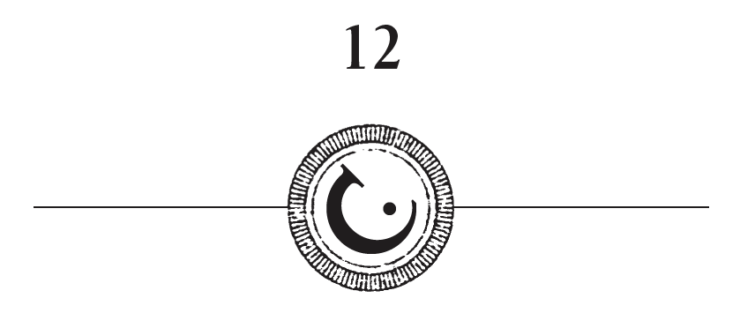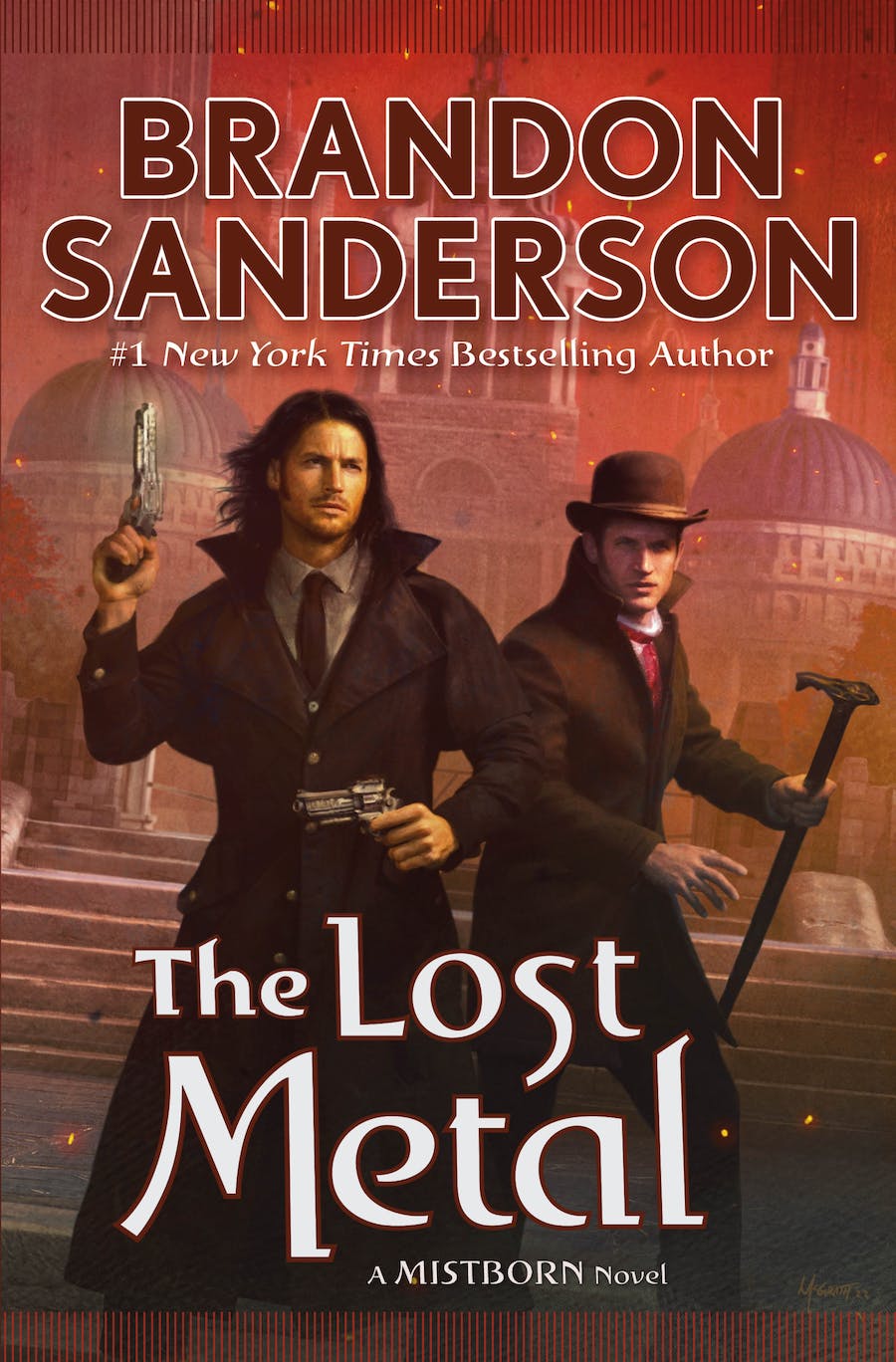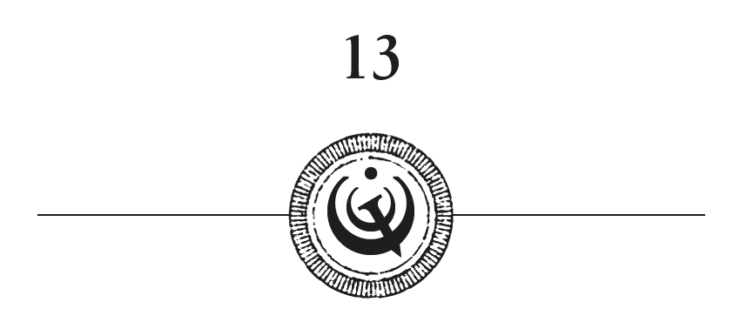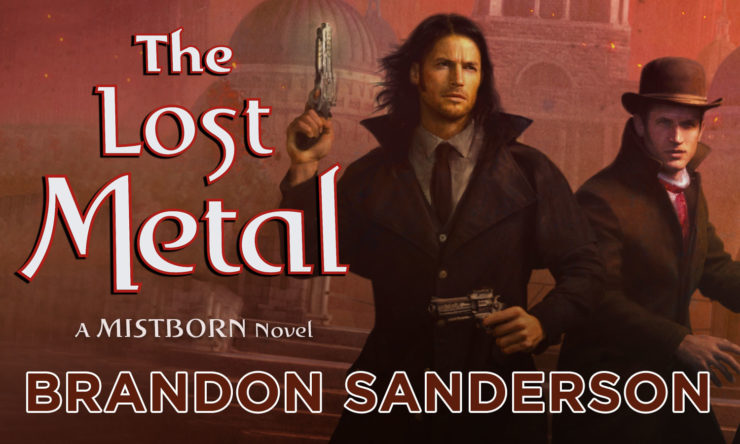Return to the world of Brandon Sanderson’s Mistborn as its second era, which began with The Alloy of Law, comes to its conclusion in The Lost Metal.
Tor.com is serializing The Lost Metal from now until its release on November 15. New chapters will go live every Monday at 12pm ET.
For years, frontier lawman turned big-city senator Waxillium Ladrian has hunted the shadowy organization the Set—with his late uncle and his sister among their leaders—since they started kidnapping people with the power of Allomancy in their bloodlines. When Detective Marasi Colms and her partner Wayne find stockpiled weapons bound for the Outer City of Bilming, this opens a new lead. Conflict between Elendel and the Outer Cities only favors the Set, and their tendrils now reach to the Elendel Senate—whose corruption Wax and Steris have sought to expose—and Bilming is even more entangled.
After Wax discovers a new type of explosive that can unleash unprecedented destruction and realizes that the Set must already have it, an immortal kandra serving Scadrial’s god, Harmony, reveals that Bilming has fallen under the influence of another god: Trell, worshipped by the Set. And Trell isn’t the only factor at play from the larger Cosmere—Marasi is recruited by offworlders with strange abilities who claim their goal is to protect Scadrial… at any cost.
Wax must choose whether to set aside his rocky relationship with God and once again become the Sword that Harmony has groomed him to be. If no one steps forward to be the hero Scadrial needs, the planet and its millions of people will come to a sudden and calamitous ruin.

Wayne sometimes pretended he was a hero. Some rusting old figure from the stories, off on some nonsense quest about slaying a monster or traveling to Death’s domain.
Lately it was hard to wear that hat. Especially when the truth stared him in the face every time he looked in a mirror. He’d made a whole career out of pretending. People just thought it was a talent. They never asked what he was hiding from.
Buy the Book


The Lost Metal
Today, he’d have given almost anything to be someone else. MeLaan, wearing that fetching body—they were all fetching, honestly—led him through the entry hall to a small private sitting room on the other side. He made a swipe for his lucky hat, hanging on the wall outside the room, as they passed. But he missed it.
Inside, she sat him down in an overstuffed chair that made him feel like a child. Didn’t help that she was as tall as Wax was, in that body. Then she took his hand and crouched down, meeting his eyes.
“I’m sorry, Wayne,” she said softly. “I need to leave you. Today. It’s over. I tried to prepare you for this… but it was probably more painful to string it out, wasn’t it?”
“Dunno,” he said. “Never had my heart broke before. So I ain’t got no experience.”
She winced. “Wayne…”
“Sorry,” he said. “You gotta do your thing. I know that. A fellow doesn’t date an immortal agent of God himself without suspectin’ that one day he’ll take second place to the fellow what glows.” Wayne frowned. “Does he glow?”
“I thought,” she said, squeezing his hand, “that there would be fewer attachments with you.”
“Where’d you get that idea?” he asked. “I get so attached, I wind up with all sorts of things what don’t belong to me.”
She grimaced.
“Was it… nothing to you, then?” he asked. “Six years?”
“It wasn’t nothing,” she said. “Just… not what it was to you. I know I should have expected that. TenSoon warned me, Ulaam warned me. Mortals see time differently. They told me. I’m sorry, Wayne.”
“You ain’t gotta apologize for somethin’ you don’t feel, MeLaan,” Wayne said. “It ain’t your fault.”
It’s mine.
“I… asked for this mission,” she admitted. “Because I realized I was leading you on, and I knew the longer it went, the more painful it would be to break off. That’s why I can’t stay and help. I’ve got to go now. Before I lose my nerve.”
“Would that… be so bad?”
“Yes,” she said. “Because it’s a lie, Wayne. I’d be staying because I didn’t want to hurt you. Not because I actually wanted to stay.”
He shouldn’t want her to stay in those circumstances. But he did. Damn him, he did.
Still, he held his tongue. Sometimes you just had to stand there and get shot.
“It is an exciting mission,” she said. “I get to cross the misted unknown, the dark vastness that Harmony calls ‘Shadesmar.’ I’ll be the first kandra to go out there long-term, with an official mission.
“I get to explore the cosmere, Wayne. I get to go and see everything there is—worlds we can only imagine. I get to help those who need it—not one or two people, but entire peoples.”
He nodded dully.
She stood, then leaned in to kiss him. He wanted to pull away, but… well, he would have regretted that. One long, last kiss, as could be delivered only by someone with a tongue that didn’t confine itself to normal bounds of physiology.
“I did want to tell you something important,” she whispered as she pulled away. “Something meaningful.”
“Yeah?”
“You,” she said, squeezing his hand one last time, “were a really good lay, Wayne.”
“Really?”
“Really. To be honest, you were the best I’ve known.”
“You’re seven hundred years old,” he said. “And I was the best?”
She nodded.
Well now, that was something. Something indeed.
“Thanks,” he said. “That was sweet of you to tell me. It… helps.”
“I thought it might,” she said. “Goodbye, Wayne.”
She let go of his hand and walked out. Knowing her, she’d send someone to box up the rest of her bodies. She’d picked the emerald today because it was one of her favorites—she’d probably take it and the aluminum one on her mission and leave the rest.
He sat staring at the door for a long time. He wasn’t wearing a hat, which meant he had to just be himself. The true him, the one that knew this pain. They’d ridden together on many a dusty path. This pain had been his invisible friend since childhood.
The pain of knowing what he really was.
The pain of being worthless.
 Wax led the way down to the basement, feet thumping on steps behind him as he was followed by Steris and Marasi. While the upper floors of the mansion were dedicated to Steris’s hobbies and the various needs of his friends, the basement belonged to Wax. And he’d made some modifications.
Wax led the way down to the basement, feet thumping on steps behind him as he was followed by Steris and Marasi. While the upper floors of the mansion were dedicated to Steris’s hobbies and the various needs of his friends, the basement belonged to Wax. And he’d made some modifications.
He’d begun pursuing metallurgy in the Roughs, where the mining towns often had equipment to test metal purities and the like. He’d been surprised at how useful the hobby had turned out to be. For example, few criminals realized you could track their suppliers by testing bullet casings.
In Elendel, he’d expanded his curiosity tenfold. A basement full of metal samples, acids and solvents, burners, microscopes, and even a room with a forge and an anvil. It all reminded him of the Roughs in a good way. Of Lessie laughing when he made a breakthrough. Of evenings spent folding metal like he was some ancient warrior making a knife meant to kill a god—rather than a novice trying to make a dining implement.
Lately, he’d found electrolysis and plating fascinating, and his new electricity-powered spectrometer was absolutely brilliant. Together with the graphs representing the spectroscopic colors of various elements, it let him identify practically anything. How would trellium react to that? Or to his acids, or to the magnets?
The questions energized him. It was a kind of excitement he’d lost during his middle years. It was too pure. He hadn’t been able to feel excitement about something so simple and enriching at a time when his life had been falling apart.
He strapped on his goggles. Steris followed, putting on her own, then got out her clipboard. She handed him an apron, and he relented—he was wearing one of his nicer vests, though he’d tossed the cravat aside somewhere. Her own apron was more enveloping and thick, almost a flak jacket. He’d only recently persuaded her that maybe she didn’t need two pairs of goggles at once; she could just order an extra-thick pair.
They set up at one of the tables, where Wax inserted the spike into a clamp to hold it steady.
Marasi stopped in the doorway, then grinned. “You two,” she said, “are adorable.”
Wax shared a look with Steris. “I don’t believe I’ve been called adorable since I was Max’s age.”
“She should get her eyesight checked,” Steris said. “Marasi, dear? I have goggles with corrective lenses, arranged in the drawers to your right.”
“I’m fine,” Marasi said, stepping in.
Steris clicked her tongue and pointed at the sign just above the doorway. Goggles required. It had an asterisk and a scrawled handwritten note below—in crayon—that said, “ ’Cept Wayne.”
“It’s a good rule,” Wax said. “You know how things happen around us.”
“Things?” Marasi said, selecting a pair of goggles. “You mean explosions?”
“Not just explosions,” Steris said. “Acid spills. Fires. Accidental weapon discharges. Though I suppose that one is technically a subset of explosion. How’s the hardness?”
“Hard,” Wax said as he tested the spike with various substances. “Scratched by diamond, but barely marks corundum. Just above a nine.”
“Noted,” she said.
“It’s brittle too,” Wax said, carefully chiseling. “Not like harmonium at all, which is nearly as pliable as gold. Would you get one of the burners going?”
Steris lit a gas nozzle. Wax got a chip of trellium off and brought it over in a tungsten alloy bowl, then set it under the flame and watched carefully. The chip soon heated to white-hot, but did not liquefy.
“Melting point is extremely high,” he said. “Over twenty-five hundred degrees.”
“Similar to harmonium,” Steris said. “Try the electric melter?”
He nodded. The melter ran a powerful electric current through the metal in order to heat it beyond what the burner could manage. He’d had some luck with harmonium using this process. Unfortunately, although the little bit of trellium again turned white-hot, it wouldn’t even bend or stretch.
“Rusts,” Wax said softly, using tinted goggles to stare at the glowing bit of metal. “This stuff is hard.” How was he going to make an earring out of it?
Was he actually considering that? At the thought, he realized he didn’t know the envelope was from Him. Anyone could drop off something like that. He should talk to Harmony before doing anything foolish.
“TenSoon says that the metals are the bodies of divinities,” Steris said. “So-called God Metals were the source of the mists back in anteverdant days.”
“So why weren’t everyone’s lungs burned?” Wax said. “If I can heat this to over three thousand degrees without it liquefying, then it must be extremely hot when vaporized.”
“Perhaps,” Steris said, “these metals—unlike common ones—don’t change states based on temperature, but on other factors.”
Wax nodded in thought. Marasi leaned down beside the table, looking at the spike. “It’s full of power,” she said. “It’s a Hemalurgic spike, so it’s…”
“‘Invested’ is the term the kandra use,” Wax said. “It has taken a part of a person’s soul, through Hemalurgy, and stored it. Like a kind of… battery for life energy.”
Marasi shivered visibly. “It’s kind of like a corpse, then?”
“A murder weapon, at least,” Steris agreed, turning off the burner.
“Wax,” Marasi said, sounding reluctant, “when I was pulling this out of the Cycle, he started ranting. The way Miles did when he died.”
Wax looked up from his experiment. “What did he say?”
“He talked about men of gold and red,” Marasi said. “Like Miles. And then… he talked about starting the ashfalls again, as in the Catacendre. Restoring the days of darkness and ash.”
“Impossible,” Wax said. “The land just isn’t set up that way anymore. The Ashmounts are either nonexistent or stilled. There isn’t the tectonic activity to cause another ashfall.”
“Are you sure?” Marasi asked.
He hesitated, then shook his head. “When Harmony showed me Trell’s influence enveloping our planet, even he seemed baffled. Our world, and our god, are basically three and a half centuries old. There are things out there that are far, far more ancient. Far, far more crafty.”
The lab fell silent, save for the hum of the electric current machine, which Wax flipped off.
“So we catch up,” Steris said, rapping her pencil against the clipboard. “What’s next?” Admittedly, she did look adorable in her oversized goggles and military-caliber vest over her tea gown. He also noticed his cravat sticking out of the pocket of her dress.
“Spectroscopy,” Wax said in response to her question. “Let’s burn some flakes.”
“Wait,” Marasi said. “You couldn’t get it to melt—how are you going to burn it?”
He took a file to the clamped spike, catching the shavings on a piece of thick cardstock. “Most metals will burn, Marasi, if you can get the pieces small enough and can apply enough oxygen. We’ve managed it with harmonium, even though we couldn’t melt it fully.”
“That’s… strange, isn’t it?” she asked.
“Indeed,” Wax said. “But we are, as has been noted, talking about the bodies of gods.”
He set up the spectroscope and managed to burn some flakes, using the oxygen line, to take some readings. Then he heated a piece again to get it to emit light waves and took readings on that. The machine made a pen move on a piece of paper, like a seismograph—only here, the highs and lows represented frequencies of light. Those patterns of light corresponded to different elements.
In this case, strangely, he got a straight-across line—a full spectrum. Though at the end of the spectrum, in the red, the machine tried to send the line higher than the maximum. Which shouldn’t have been possible, for all that he’d seen it once before.
He unscrewed the pin holding the arm in place on the paper and reran the machine. Again a full spectrum at maximum—into the red, where the pin on the arm swung out and off the paper with a jerk.
Wax breathed out. “Seems proof it’s a God Metal.”
“Indeed,” Steris said, scribbling notes in the darkness.
“Someone tell the dumb conner what’s happening,” Marasi said. “How is this proof of anything?”
“It’s complicated,” Wax said. “Each element has a kind of signature, represented by the wavelengths it releases when heated. It’s basically a way to identify elements and compounds. Like using fingerprints to identify a person.”
“And this metal,” Steris said, “somehow projects a full spectrum, as if it were made of pure white light. But it also has something strange happening in the red, as if it has a light beyond what the machine can calculate or read.”
“I’ve only seen something like this once before,” Wax said.
“From harmonium?” Marasi guessed.
“Yes.” He tapped the table, then shook his head. “In dealing with these metals, so many things seem to break the laws of physics. I feel like I’m experimenting with something dangerously beyond our understanding.”
“Should we move to the safe box?” Steris asked.
“Probably wise,” Wax said. “Particularly since the next step is to put some of these shavings into acids.”
The “safe box” was Steris’s name for the small reinforced box they’d built into the back wall. Three feet square and three feet deep, it was made out of aluminum and steel, with a large safe-like door on the front. That door had a small plate of very thick glass at the top, so you could look in. This contraption could take a grenade without trouble, and had handled an ettmetal-water explosion before.
Harmonium—ettmetal—was highly unstable. You needed to keep it in oil, as it tended to react even to the air. Since they couldn’t know how trellium would respond to his acids, Wax set everything up inside the box, then latched it closed. From there, he could use some thin arms on gears inside to tip a little bit of trellium into each of the ten flasks of acid—and two flasks of a base.
Harmonium wasn’t affected by acids, but maybe this metal would be. Anything to give him more of a foothold, help him understand. As he worked, Marasi walked over to the wall where Steris and he had pinned ideas, experiments, and thoughts regarding harmonium. Rusts… the oldest of those were over five years old now. Wax found it depressing to realize how little progress they’d made.
“All of this,” Marasi said, reading the notes. “I don’t think I’ve looked at it closely before… You’re trying to split it.” She spun toward him. “You’ve been trying to divide harmonium into its base metals? You’re trying to create atium!”
He looked back into his viewer, continuing to dump flakes into the acid.
“Not just atium…” Marasi said. “Lerasium too? That’s the metal that… It created Mistborn! It’s explained in the records left by Harmony. Allomancy entered the world because the Lord Ruler gave lerasium to some of his followers, who burned it and were changed. Those first mythical Mistborn—they held incredible power. You’re trying to replicate that.”
“No,” Wax said. “I’m trying to see if it can be replicated.”
“All these years,” Marasi said, “and you never told me why you kept needing ettmetal? I thought you were trying to figure out how to make airships, like everyone else!”
“We’ve barely made any progress,” Wax said, finishing with the acids and turning away from the safe box. “But Marasi, don’t you see? The Set is devoted to restoring the ancient powers to people—they’ll use eugenics, Hemalurgy, anything. So if it’s possible to make lerasium again, we need to know about it.”
“You still could have told me,” she said.
“I wanted to have something useful to show first,” Wax said. He walked over to join her, passing Steris, who was fiddling with the trellium spike. Beside Marasi, he looked up at the wall of pinned ideas again. Remembered how thrilling it had been when first working on harmonium.
Getting some trellium to play with had awakened that again. But now, staring at this board, he remembered the rest of the experience. The slow, steady realization that he wasn’t going to crack this particular puzzle. He’d worked on enough hopeless cases to realize when one was growing cold.
He was a hobbyist, not an expert. He’d shared his notes with the people at the university, and they’d thanked him—but had plainly already made the same observations. If a breakthrough with ettmetal was going to happen, it would come from those dedicated scientists working to build Elendel its own airships, Allomantic grenades, and Feruchemical medallions.
He would probably have to turn the trellium spike over to them. He’d have his fun for a few days, but this was too important to keep from the real experts.
“Waxillium?” Steris said from behind. “You should come look at this.”
“What?” he asked, turning.
“The trellium spike,” she said, “is reacting to the harmonium.”
Excerpted from The Lost Metal, copyright © 2022 by Brandon Sanderson.










